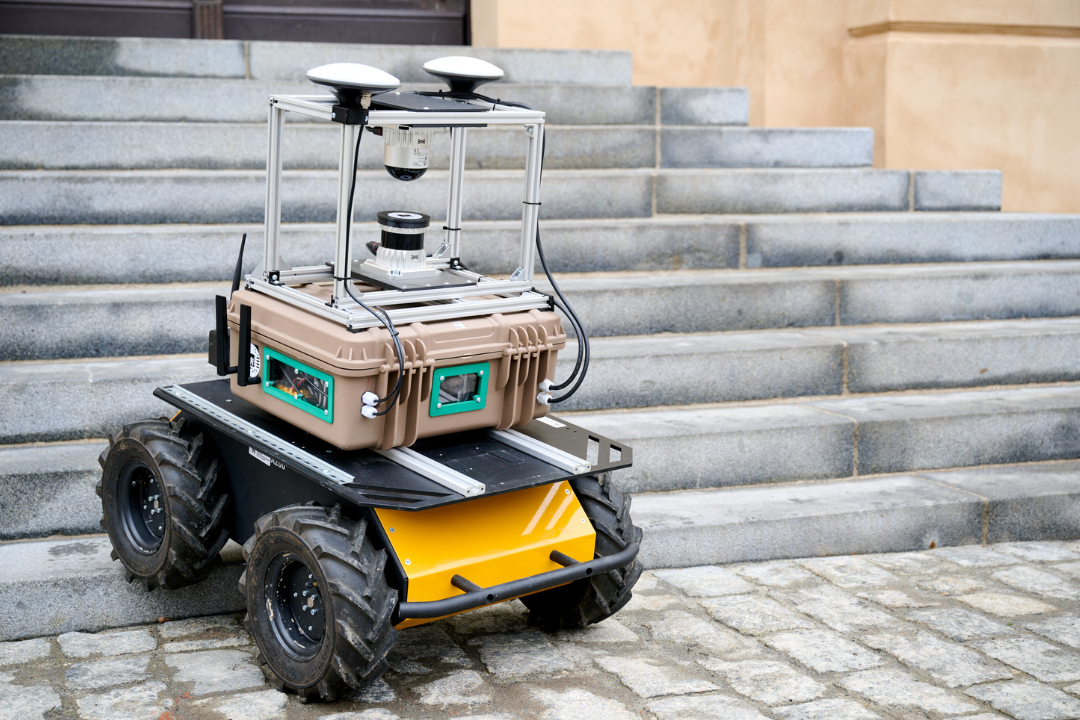The Horizon Europe project aiming to build trusted planning and scheduling systems that are safe, robust, explainable and efficient.
Building tools for trustworthy AI systems
People are increasingly aware of both the great benefits and risks of applying artificial intelligence (AI) in real-world settings. This has given rise to a number of initiatives to identify the principles underlying trustworthy AI systems,to understand the technical requirements and to provide guidelines for their development. However, such guidelines remain very general and abstract, leaving open the novel technical foundations, algorithmic approaches, and tools necessary to implement trustworthy AI systems.
Current AI methods for planning and scheduling (P&S), whether model-based or data-driven, do not inspire enough confidence to be massively adopted and achieve their potential impact. The EU-funded TUPLES project will contribute to an integratedand human-centred approach for the development of P&S tools inorder to increase confidence and adoption.

Project's aim
Planning and scheduling (P&S) is a core area of AI. Its aim is to build systems that assist humans in planning, organising and optimising courses of action to achieve complex objectives. Despite the pressing need for decision-support systems for P&S applications in industry and public services, current approaches do not satisfy essential properties of trustworthy AI, such as transparency, explainability, robustness, safety and scalability.
TUPLES is a 3 year project aiming to obtain scalable, yet transparent,robust and safe algorithmic solutions for P&S.
1. Develop hybrid planning and scheduling methods
First objective is to develop hybrid planning and scheduling methods that combine the efficiency, flexibility, and adaptability of data-driven learning approaches with the robustness, reliability, and explainability of model-based reasoning methods.
2. Develop verification and explanation methods
The second objective is to develop verification and explanation methods capable of reasoning about the properties of the solutions produced by planning and scheduling systems, in particular when these are represented by neural networks.
3. Demonstrate these approaches on case studies
Finally the third goal is to demonstrate these approaches on fivecase studies:
- Aircraft manufacturing
- Aircraft flying assistance
- Soccer team recruitment
- Waste collection
- Energy planning

Start date: 1O ctober 2022
End date: 30 September 2025
Call: HORIZON-CL4-2021-HUMAN-01
Project ID: 101070149
More information can be found on the Tuples project website or project's social media (LinkedIn, YouTube, Twitter)















